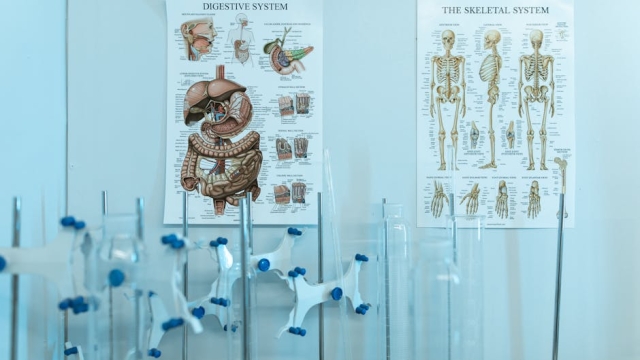
Hormones are vital chemical messengers in the body that regulate a wide range of physiological processes, including metabolism, growth, mood, and reproductive health. Understanding the role of hormones is crucial for maintaining overall well-being. When hormone levels become imbalanced, it can lead to a variety of health issues. Therefore, recognizing the signs of hormonal imbalances and exploring effective strategies for hormone optimization can significantly enhance one’s quality of life.
Understanding Hormones: The Basics of Hormone Function
Hormones are produced by various glands in the endocrine system, including the pituitary, thyroid, adrenals, and pancreas. They travel through the bloodstream to target organs, where they exert their effects. Each hormone has a specific function; for example, insulin regulates blood sugar levels, while cortisol helps the body respond to stress. Hormones are essential for maintaining homeostasis, which is the body’s internal balance.
When hormone levels fluctuate due to factors such as stress, poor diet, lack of exercise, or aging, it can disrupt this balance. Fluctuations can lead to a myriad of symptoms, which may indicate a need for hormone optimization. Understanding how hormones function and their impact on the body is the first step toward identifying imbalances and addressing them appropriately.
Signs of Hormonal Imbalance: When to Seek Help
Recognizing the signs of hormonal imbalance is crucial for timely intervention. Common symptoms may include:
- Fatigue: Persistent tiredness that doesn’t improve with rest may indicate low hormone levels.
- Weight Changes: Unexplained weight gain or loss can be a sign of hormonal issues, particularly with thyroid hormones or insulin.
- Sleep Disturbances: Difficulty falling or staying asleep may be linked to imbalances in hormones such as cortisol or melatonin.
- Mood Swings: Hormonal fluctuations can lead to increased irritability, anxiety, or depression.
- Changes in Libido: A decrease in sexual desire can often be traced back to hormonal factors.
- Menstrual Irregularities: For women, changes in the menstrual cycle can signal hormonal imbalances.
If you experience any of these symptoms, it may be beneficial to consult a healthcare professional. They can perform tests to assess hormone levels and recommend appropriate interventions to achieve hormone optimization.
Hormone Optimization Strategies: Lifestyle Changes and Therapies
There are several effective strategies to promote hormone optimization, many of which revolve around lifestyle changes:
1. Nutrition
A balanced diet rich in whole foods can significantly impact hormone levels. Incorporating healthy fats, lean proteins, and plenty of fruits and vegetables can support hormone production. Omega-3 fatty acids, found in fish and flaxseeds, are particularly beneficial for hormonal health.
2. Exercise
Regular physical activity is essential for maintaining hormonal balance. Exercise helps reduce stress, which can positively influence cortisol levels. Both aerobic exercises and strength training have been shown to improve hormone regulation.
3. Sleep Hygiene
Quality sleep is crucial for hormone optimization. Aim for 7-9 hours of uninterrupted sleep each night to allow your body to recover and regulate hormone levels effectively.
4. Stress Management
Chronic stress can lead to elevated cortisol levels, which may disrupt other hormones. Incorporating stress-reducing practices such as mindfulness, meditation, or yoga can help restore balance.
5. Hormone Replacement Therapy
In some cases, healthcare professionals may recommend hormone replacement therapy (HRT) to address significant imbalances. This therapy can involve the use of medications that supplement or replace hormones that the body is not producing adequately. It is essential to discuss the potential benefits and risks with a qualified provider to determine the best approach for your individual needs.
In conclusion, hormone optimization is a vital aspect of maintaining overall health and well-being. By recognizing the signs of hormonal imbalance and implementing effective lifestyle changes, individuals can take proactive steps to enhance their hormonal health. For personalized advice and treatment options, consider consulting healthcare professionals who specialize in hormone optimization. You can find valuable resources and support at My Palm Health.
